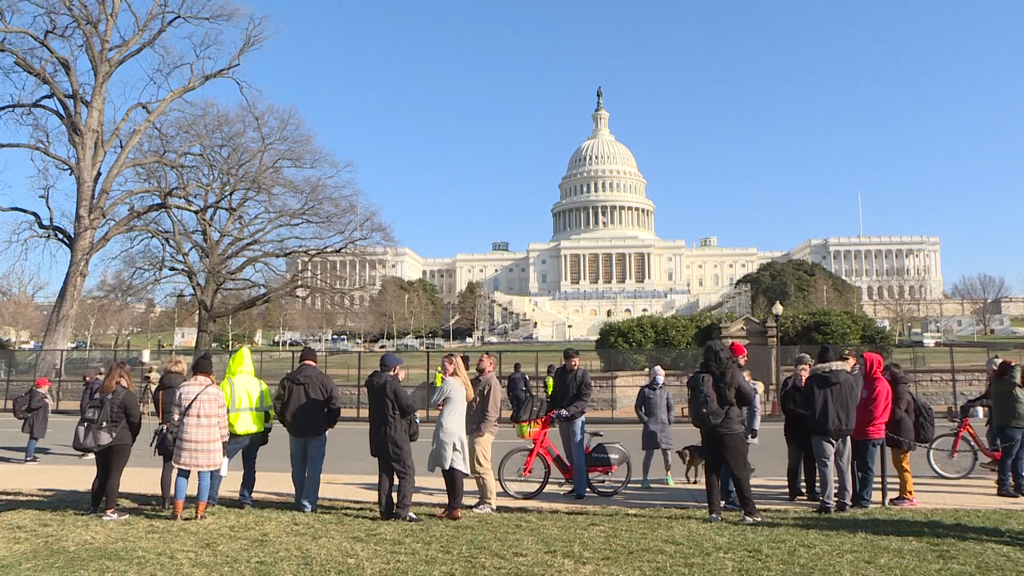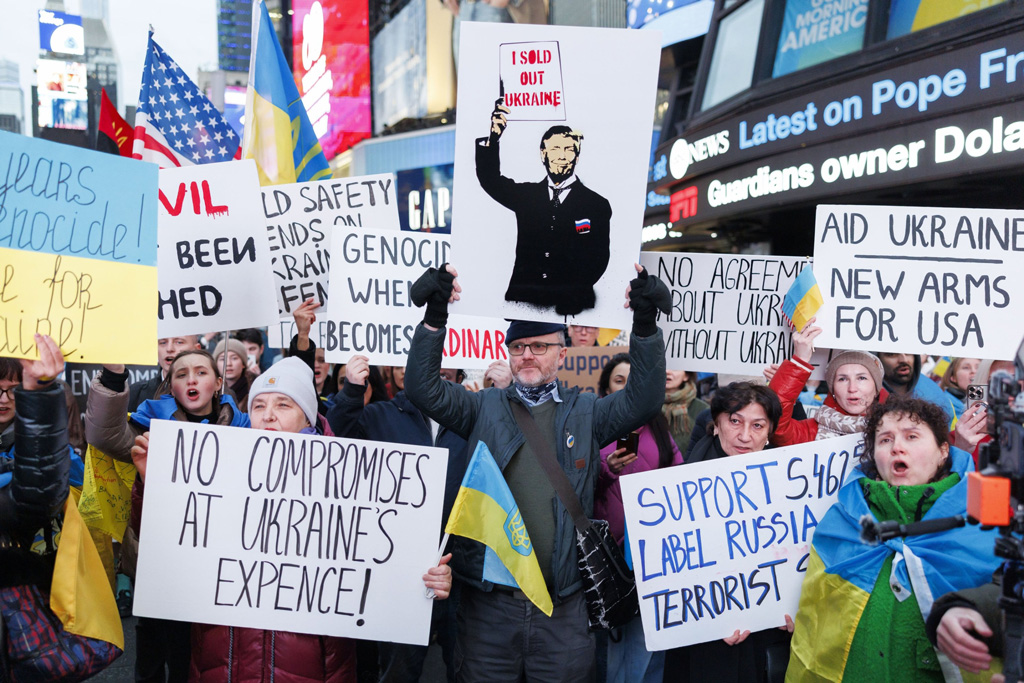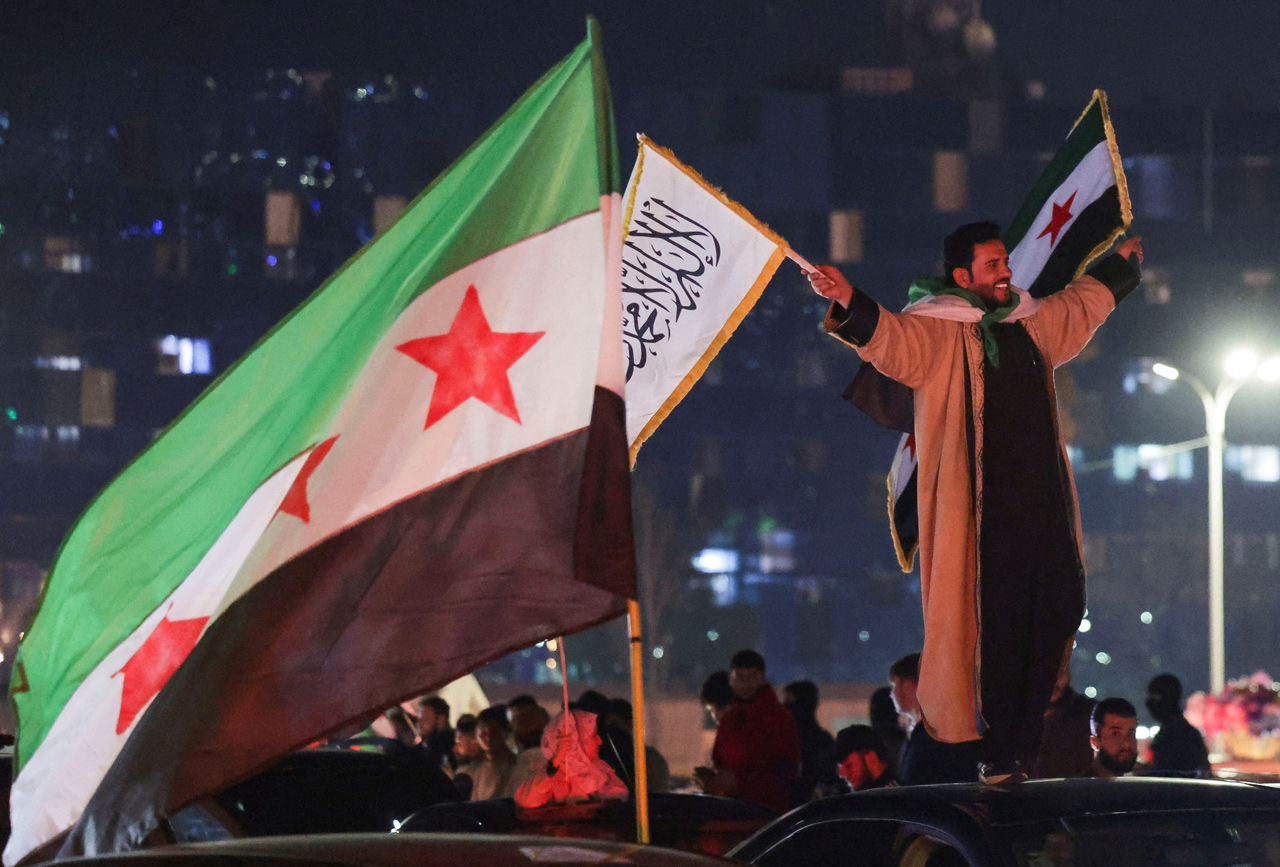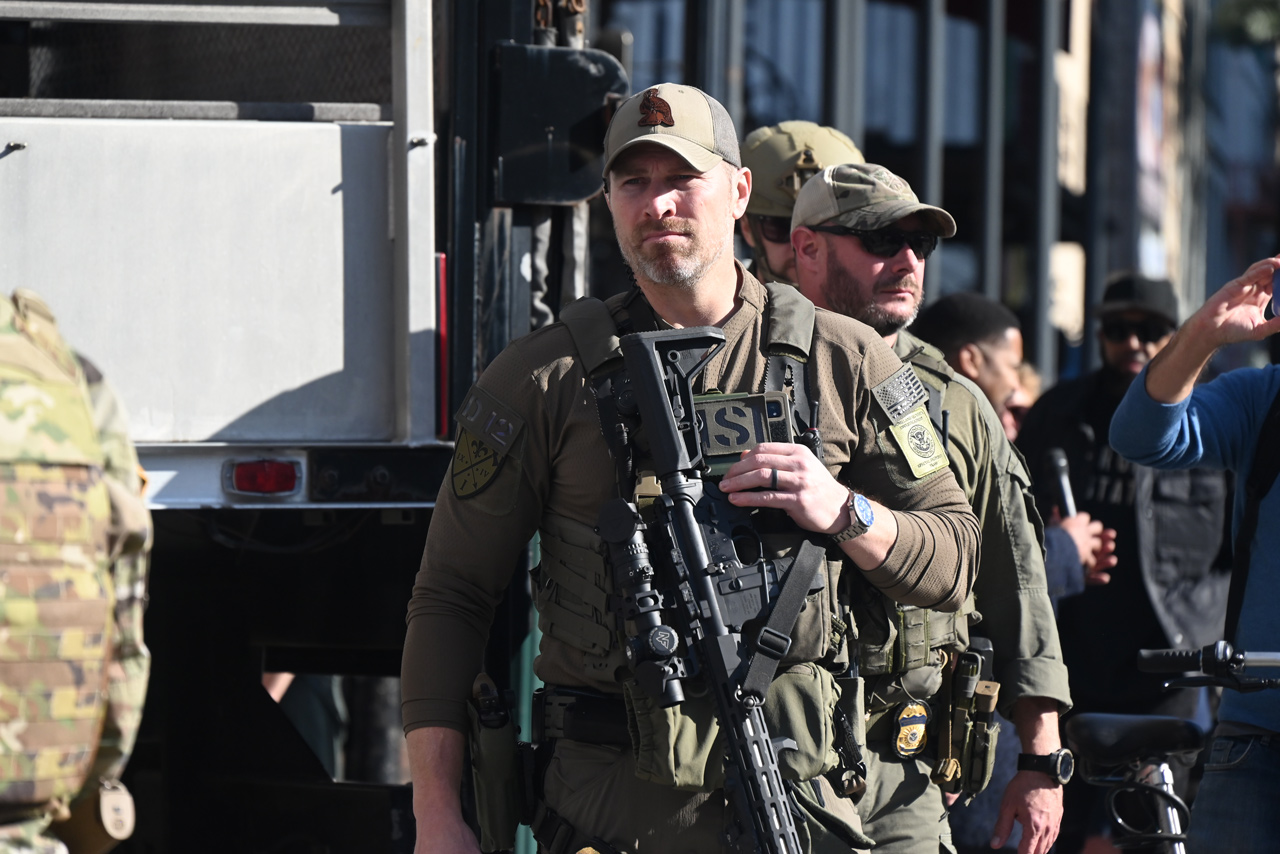
YPG: America's Monster
Turkey has suffered more Syria-related terrorist attacks than any other democracy in the world. We now have little choice but to take counterterrorism to the next step.
Share
Powerful explosion shook Ankara during rush hour on Wednesday evening as a car bomb went off near multiple military buses in an effort to maximize casualties. Twenty-eight innocent people, including military officials, lost their lives and 61 people who were injured are still recovering. According to Ankara, Saleh Nejan, a Syrian-born PKK/ Democratic Union Party's (PYD) armed People's Protection Units (YPG) member, was responsible for the attack. Within the next hours, 14 people were detained on terrorism charges.
The following day, a PKK bomb attack on a military vehicle in Lice, Diyarbakır claimed six more lives. Needless to say, both assaults were intended as retaliation to Turkey's recent shelling of PKK/PYD positions in northern Syria. Yet it is unrealistic to expect any country to surrender to terrorism.
At this point, Turkey has suffered more Syria-related terrorist attacks than any other democracy in the world. We now have little choice but to take counterterrorism to the next step. Both President Recep Tayyip Erdoğan and Prime Minister Ahmet Davutoğlu, speaking to reporters after Wednesday's attack, notably conveyed the message that Turkey was prepared to exercise its right of self-defense. Moving forward, the Turkish government might target YPG militants not only around Azaz but also al-Malikiyah, Qamishli and Afrin. The most recent terror attack in Turkey, after all, established that the PYD leadership has no interest in peace or dialogue. Now is the time to develop new policies to address short- and long-term challenges in northern Syria.
At least two of Turkey's arguments about the PYD and its YPG militants proved accurate. First and foremost, it became clear that the group enjoys vast support from the regime of Syria's BasharAssad. Having turned over control of strategic locations in northern Syria to the YPG fighters, the regime recently announced that they saw the group's efforts against the moderate rebels in the north as a sign of mutual success. Secondly, Ankara has been saying that the YPG campaign placed Turkey's national security and territorial integrity at risk. The mass movement of personnel and weapons between northern Syria and places in southeastern Turkey where PKK militants have been waging an urban war supports the argument. The most recent attack, however, established the problem as fact.
It is a thinly veiled fact that Russia, Iran and the Assad regime have been supporting the YPG. In the meanwhile, U.S. President Barack Obama's administration has been trying to appease the Turkish public by condemning assaults on the country. Moving forward, Washington will have to develop a new policy on the YPG campaign in northern Syria. As political scientist Murat Yeşiltaş recently said, Obama's decision to outsource the anti-DAESH fight to YPG militants has created serious challenges for Turkey. Simply put, the fact that the United States, a strategic ally, has been bankrolling a group affiliated with the PKK, which they themselves designate as a terrorist organization, does not fly well in Turkey.
The Obama administration has been systematically ignoring Ankara's concerns, not only placing Washington's relationship with Ankara at risk, but also creating a new wave of anti-Americanism in the country. The fact that the YPG would dare strike Turkey's capital alone shows that the Obama administration has limited influence over the group, which has been on a long leash and developed a shady partnership with Russia, Iran and the Assad regime.
Does the Obama administration realize that PKK/YPG militants, whom the United States generously trained and equipped over the years, are slowly turning into a capable guerrilla army? When will Washington acknowledge that they created a monster?
[Daily Sabah, February 20, 2016]
Tags »
Related Articles








